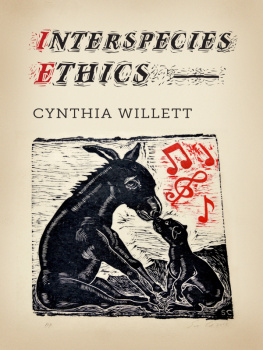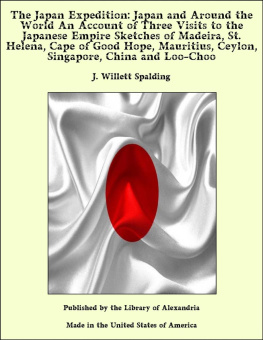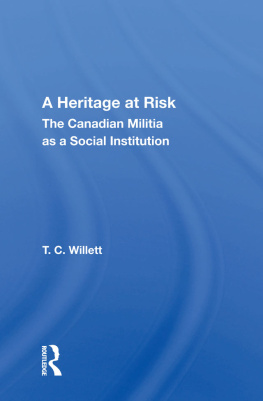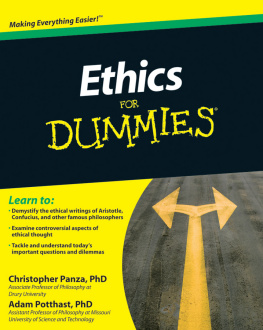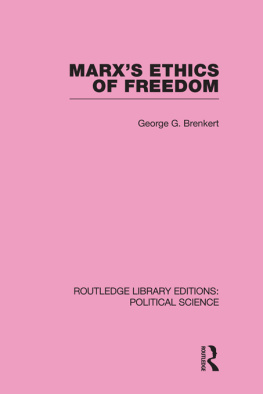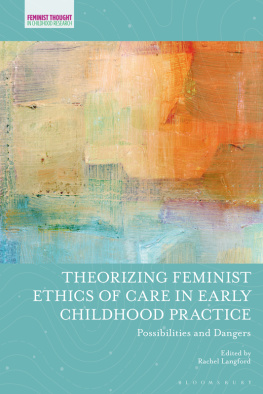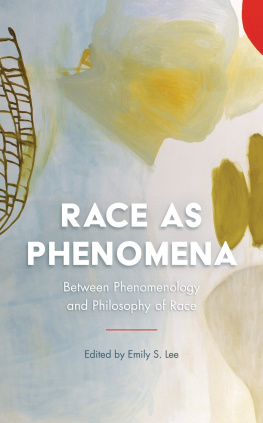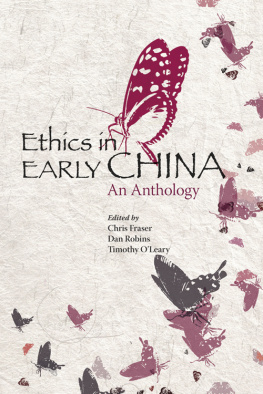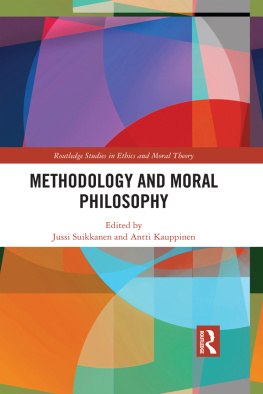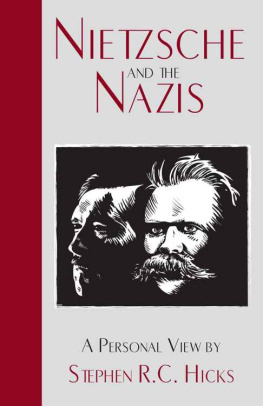INTERSPECIES ETHICS
Critical Perspectives on Animals
Critical Perspectives on Animals: Theory, Culture, Science, and Law
Series Editors: Gary L. Francione and Gary Steiner
The emerging interdisciplinary field of animal studies seeks to shed light on the nature of animal experience and the moral status of animals in ways that overcome the limitations of traditional approaches to animals. Recent work on animals has been characterized by an increasing recognition of the importance of crossing disciplinary boundaries and exploring the affinities as well as the differences among the approaches of fields such as philosophy, law, sociology, political theory, ethology, and literary studies to questions pertaining to animals. This recognition has brought with it an openness to a rethinking of the very terms of critical inquiry and of traditional assumptions about human being and its relationship to the animal world. The books published in this series seek to contribute to contemporary reflections on the basic terms and methods of critical inquiry, to do so by focusing on fundamental questions arising out of the relationships and confrontations between humans and nonhuman animals, and ultimately to enrich our appreciation of the nature and ethical significance of nonhuman animals by providing a forum for the interdisciplinary exploration of questions and problems that have traditionally been confined within narrowly circumscribed disciplinary boundaries.
The Animal Rights Debate: Abolition or Regulation? Gary L. Francione and Robert Garner
Animal Rights Without Liberation: Applied Ethics and Human Obligations, Alasdair Cochrane
Experiencing Animal Minds: An Anthology of Animal-Human Encounters, edited by Julie A. Smith and Robert W. Mitchell
Animalia American: Animal Representations and Biopolitical Subjectivity, Colleen Glenney Boggs
Animal Oppression and Human Violence: Domesecration, Capitalism, and Global Conflict, David A. Nibert
Animals and the Limits of Postmodernism, Gary Steiner
Being Animal: Beasts and Boundaries in Nature Ethics, Anna L. Peterson
CYNTHIA WILLETT
INTERSPECIES ETHICS
Columbia University Press / New York
Columbia University Press
Publishers Since 1893
New York Chichester, West Sussex
cup.columbia.edu
Copyright 2014 Columbia University Press
All rights reserved
E-ISBN 978-0-231-53814-5
Library of Congress Cataloging-in-Publication Data
Willett, Cynthia, 1956-
Interspecies ethics / Cynthia Willett.
pages cm. (Critical perspectives on animals: theory, culture, science, and law)
Includes bibliographical references and index.
ISBN 978-0-231-16776-5 (cloth : alk. paper) ISBN 978-0-231-16777-2 (pbk. : alk.paper) ISBN 978-0-231-53814-5 (e-book)
1. Human-animal relationshipsMoral and ethical aspects. 2. Human-animal relationshipsPhilosophy. 3. Ethics. 4. Speciesism. I. Title.
B105.A55W56 2014
179'.3dc23
2014001325
A Columbia University Press E-book.
CUP would be pleased to hear about your reading experience with this e-book at .
Jacket Design by Julia Kushnirsky
Jacket illustration by Sue Coe
References to Web sites (URLs) were accurate at the time of writing. Neither the author nor Columbia University Press is responsible for URLs that may have expired or changed since the manuscript was prepared.
For Stefan, Liza, Joe, and the cats
CONTENTS
WITH JULIE WILLETT
It is better to be a human being dissatisfied than a pig satisfied; better to be Socrates dissatisfied than a fool satisfied. And if the fool, or the pig, are of a different opinion, it is because they only know their own side of the equation.
JOHN STUART MILL, UTILITARIANISM
I wish I had a tail and mobile ears.
MARC BEKOFF, THE EMOTIONAL LIVES OF ANIMALS
Adolescent males alone or in gangs have been attacking villages and plowing under swaths of crops in retaliation for the murder of their families and the destruction of their tribal lands. The rogue males terrorizing African parks and jungles are not the orphaned youths of the Lords Resistance Army, those kidnapped children pressed into service for the Ugandan rebels. However, like child soldiers, these adolescents, too, are caught in downward spirals of destruction and self-injury triggered by decades of violence. They are among the last surviving members of the elephants of Uganda. Elephants are quickly diminishing in numbers and approaching extinction levels in some regions, which is alarming and yet, sadly, not surprising. What is surprising are the eerily humanlike responses of the elephant herds to their threatened demise.
The uncanny similarities have been documented by Ugandan refugee and Cambridge-educated ethologist Dr. Evelyn Lawino Abe, who has lived through the massacre of her Acholi people and witnessed first hand the impact of the destruction of family and community infrastructure for humans and elephants. Since that time, human populations have learned to band together in increasingly large groups and live like the handful of other ultrasocial species (wasps, ants, bees, termites, and naked mole rats) for which group members would not be able to know each other personally. Today we live ever more impersonally and apart from communities and yet also strikingly interconnected. Over the past decades, a technologically driven globalization ushers in once again that classical philosophical question, but, given its trans-species reach, this time with unprecedented urgency and unclear significancewhat might provide the basis for a life in common? The work of ethologists like Dr. Abe, who are recovering insights on interspecies communities from small-scale African societies, joins with a larger movement among scientists, philosophers, and animal activists in search of alternative forms of belonging across human and nonhuman animal species. This book, as a speculative venture in social and political ethics, draws insights broadly from vast intellectual and social movements in the context of our unprecedented era to propose trans-species ideals of communitarianism and cosmopolitan peace.
Communitarian ethics has largely dropped out of the picture for progressive, modern humans, who are, first and foremost, defined as individuals. As individuals, we modern humans experience our lives as predominantly separate from ancestral and communal ties. Worse than irrelevant, unmodern communitarian idioms of belonging and a common life raise specters of retroactive state-based racism or cultural and religious nationalism. Against these threats, modern moral theory foregrounds the autonomous individual, who is expected to take ownership over her own well-being by exercising a capacity to make rational choices based on general principles of fairness. Some aspects of rational autonomy can be found in classical Greek and Hellenistic philosophies, which is not surprising given the rise of large city-states and empires during that time period. However, modernisms atomic individualism emerged and then intensified in capitalist, late capitalist, and neoliberal eras. Under these conditions, interdependence, although acknowledged in much of moral theory, retreats backstage as affect-laden, social ties play, at most, a supporting role for the entrepreneurism of professional, corporate, and state life. Of the complicated array of ethical norms and social practices that lend communities their affective textures and biosocial historiesincluding playful reciprocity, tragedys intergenerational

